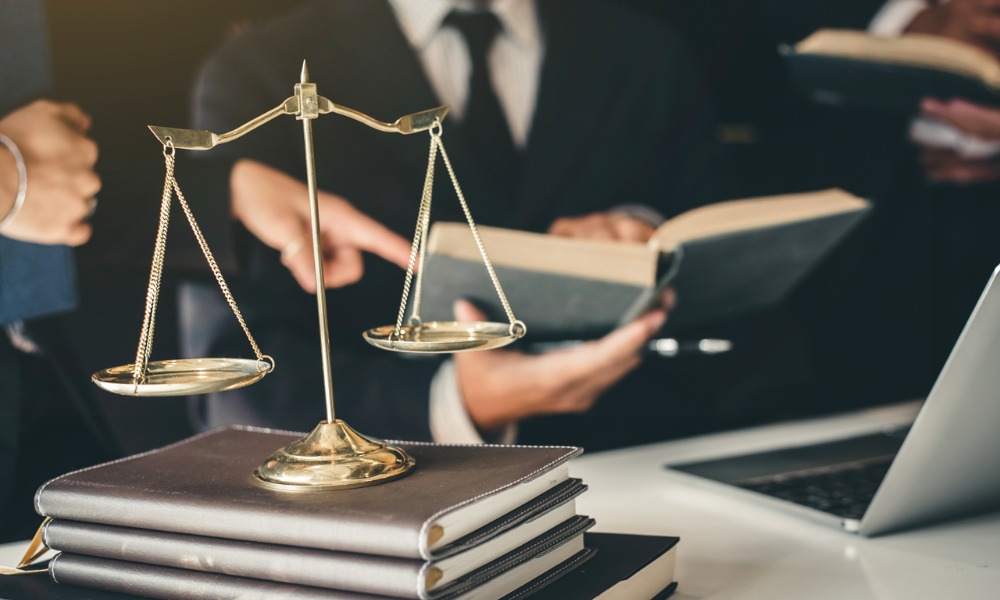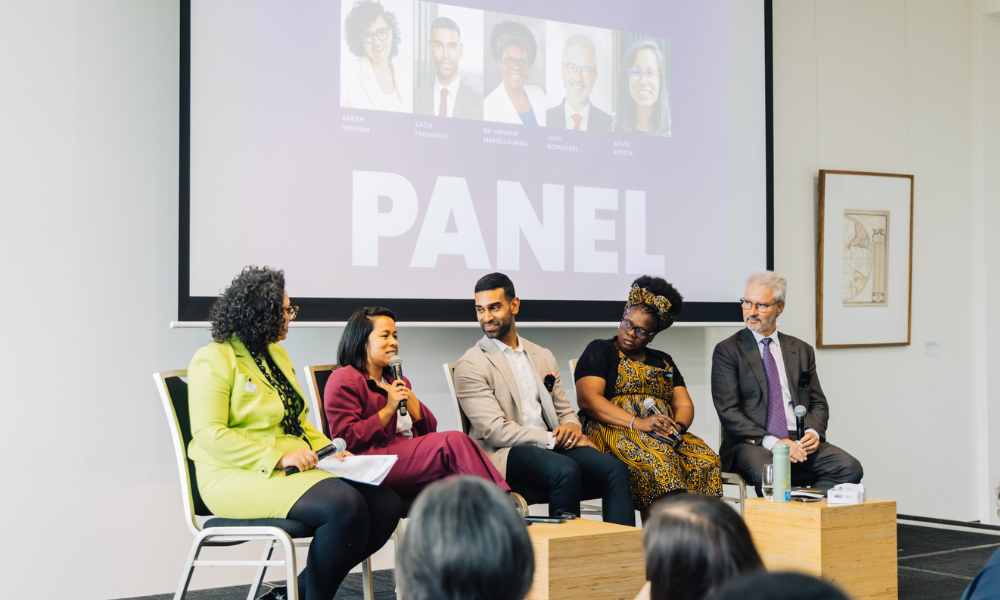Look what you made the ACLU do

The American Civil Liberties Union (ACLU) has come to the defence of a website, telling Taylor Swift and the lawyer representing her to “shake it off.”
The blog PopFront published an article on 5 September that discussed the American pop star and racist groups. On 25 October, the site and the article’s author, Meghan Herning, received a takedown letter from Swift and her attorney, William J. Briggs II, a partner at Venable LLP.
Briggs said that the post is “replete with demonstrable and offensive falsehoods which bear no relation to reality or the truth about Ms. Swift” and that it is “baseless fiction masquerading as fact.” The story is “a classic example of defamation per se,” Briggs wrote.
The Venable partner also said that the letter is a “confidential legal notice” that is “not for publication” and invoked copyright protection.
The ACLU, however, wasn’t having it.
“Ms. Herning and PopFront will not in any way accede to your attempt to suppress their constitutionally protected speech,” ACLU attorneys Michael Risher, Christine Sun and Matt Cagle wrote in reply to Venable. “The blog post is a mix of core political speech and critical commentary; it discusses current politics in this country, the recent rise of white supremacy, and the fact that some white supremacists have apparently embraced Ms. Swift, along with a critical interpretation of some of Ms. Swift’s music, lyrics, and videos.”
The ACLU said that Swift, as a celebrity and household name, is a general public figure under the First Amendment, thus protecting the story under freedom of speech unless it is demonstrated to be false, or that the author knew it was false or acted with reckless disregard as to whether it was false. Fame is a double-edged sword, the ACLU said, and Swift should take the bad with the good.
“Criticism is never pleasant, but a celebrity has to shake it off, even if the critique may damage her reputation,” the ACLU said.
Furthermore, since the story is opinion, it cannot be proven true or false, and thereby cannot constitute defamation, the ACLU said. Being published in a blog, the story is also not expected to be an assertion of facts.
The ACLU also said that the assertion of the notice having copyright protection “can only be described as odd, particularly coming from a lawyer.” The organisation said it will publish the letter because it is permitted under fair use.
“Attaching the letter to this one transforms it from a clumsy legal threat to suppress constitutionally protected speech into an exposé of that attempt in order to educate others who might receive these types of letters that they need not be intimidated. Although the text of the letter has not changed, the use has, which weighs in favor of fair use,” the ACLU wrote.
And even if fair use was put aside, the ACLU said that the claim to copyright protection has no merit. Quoting the country’s constitution, the ACLU said that copyright is meant to “promote the progress of science and useful arts,” and “not to allow lawyers to send threatening, speech-suppressing letters in secret.”
“In short, you may no more use copyright law to hide the contents of your letter from public scrutiny than a kidnapper could use it to prevent his victim’s family from giving a copy of the ransom note to the police,” the ACLU said.
Related stories:
Johnny Depp spreads blame for vanished fortune to showbiz lawyer
Corrs wins Australia’s largest defamation damages for Hollywood star







